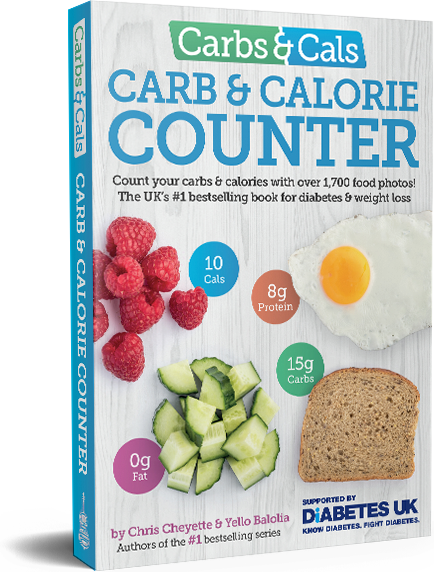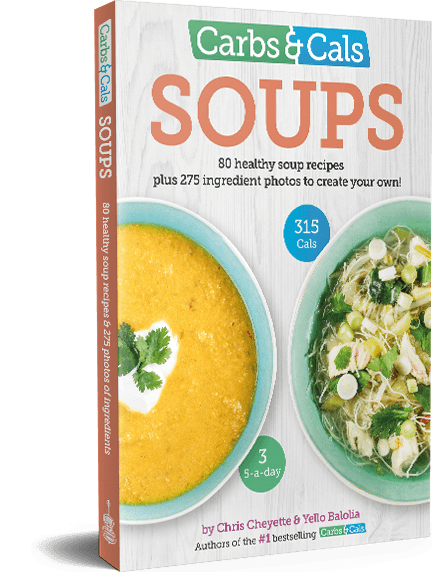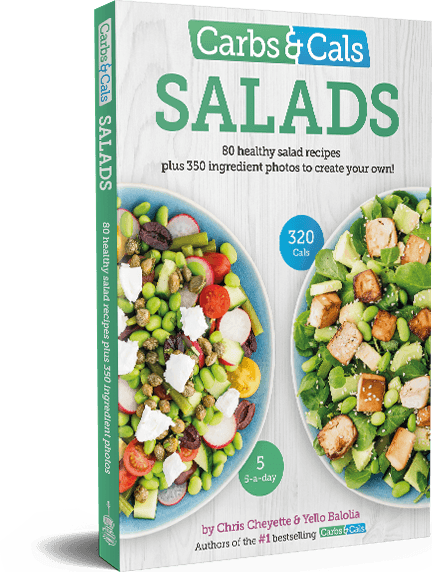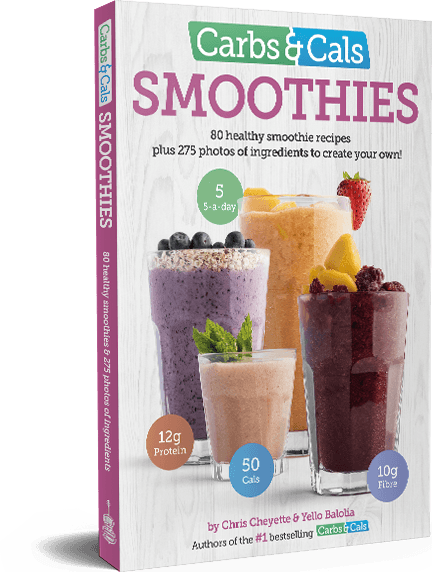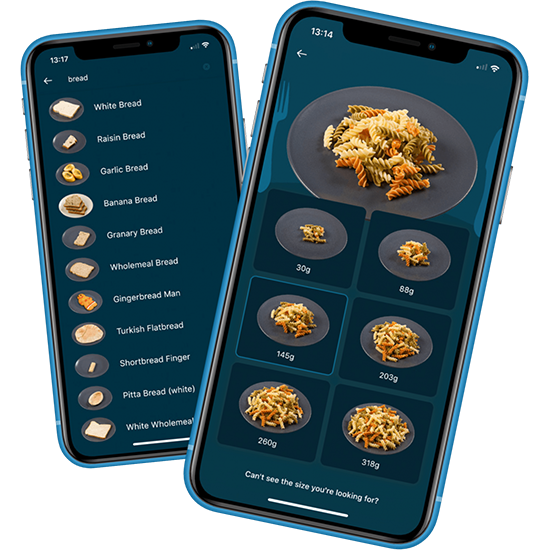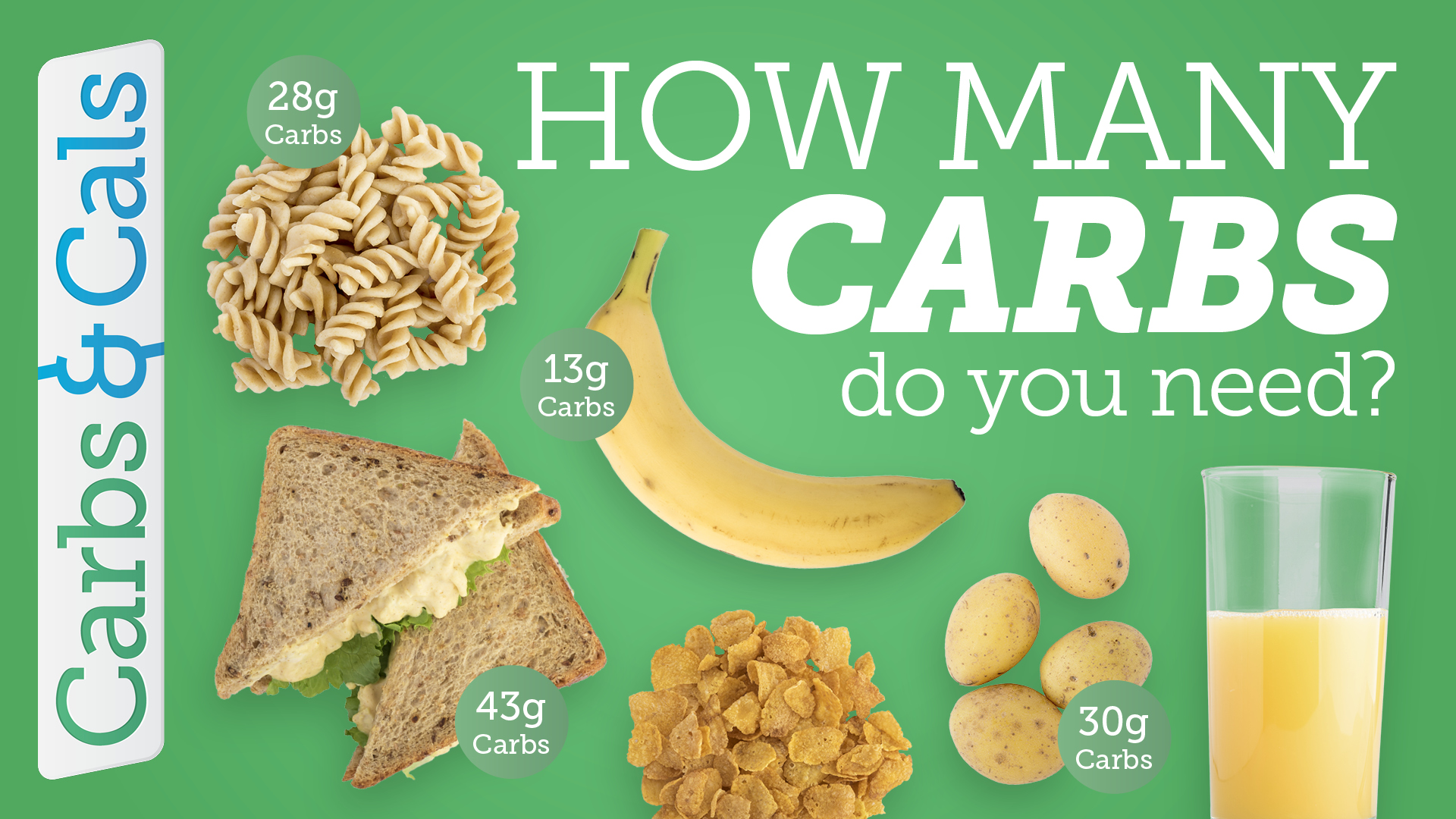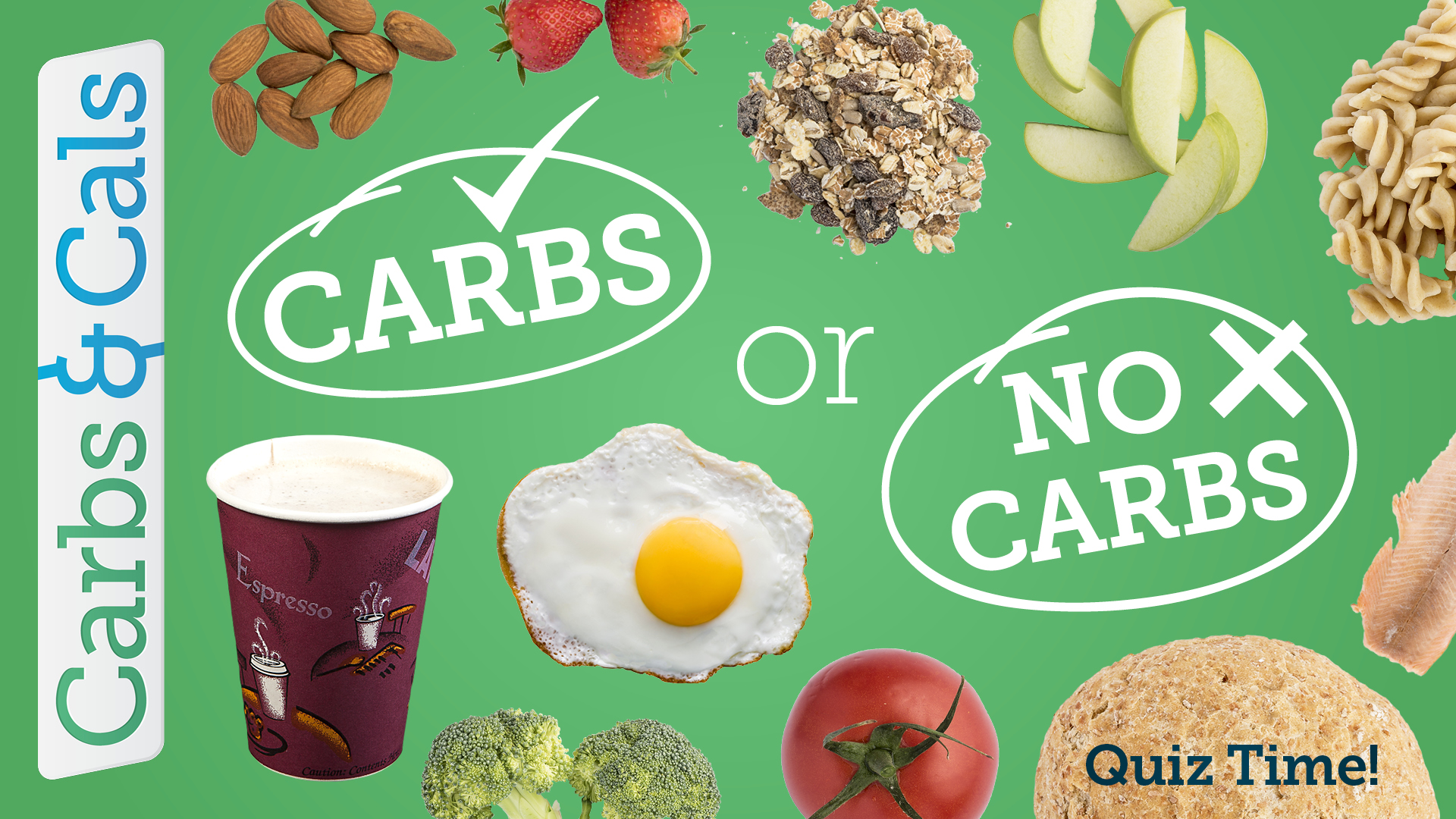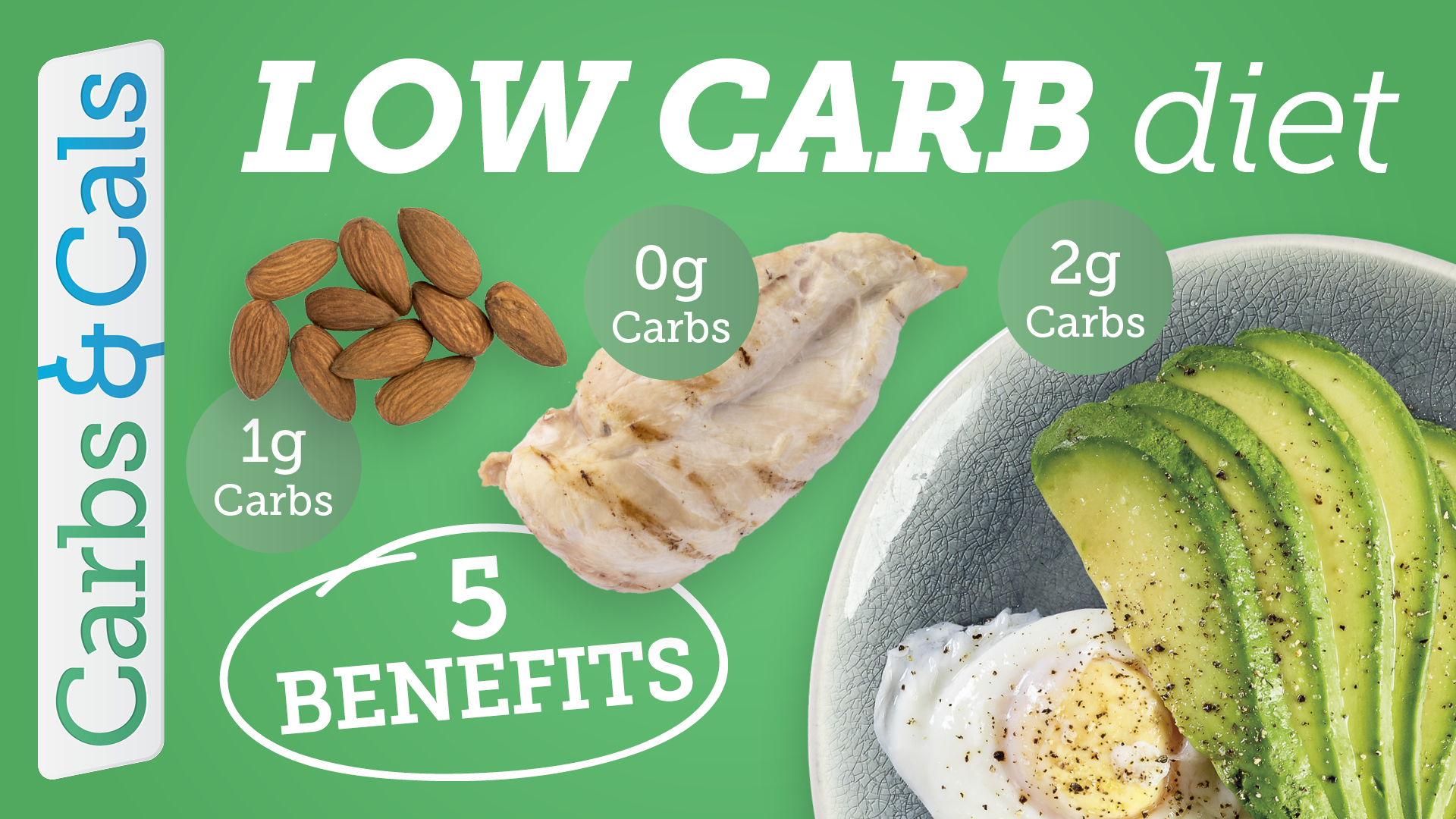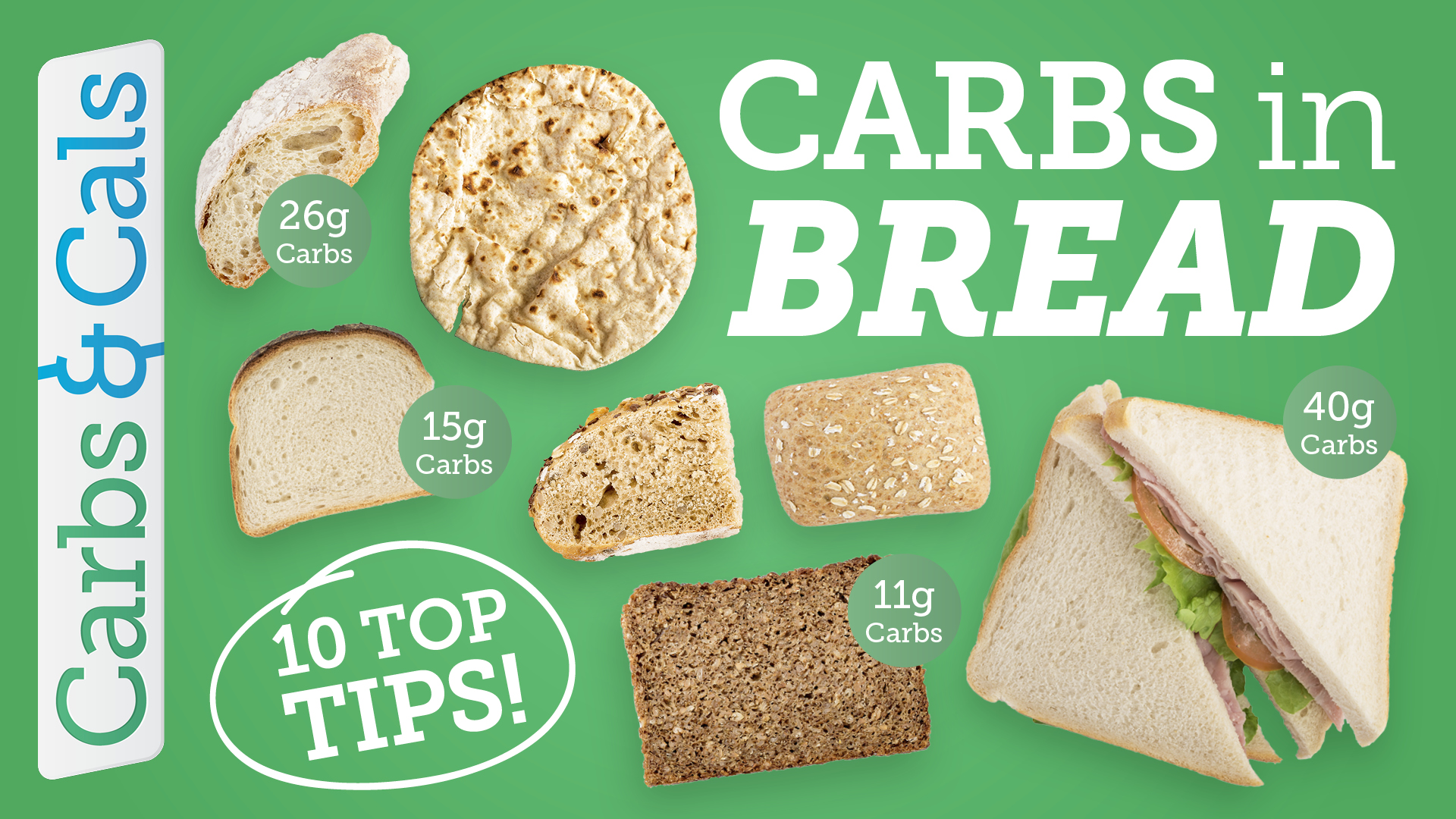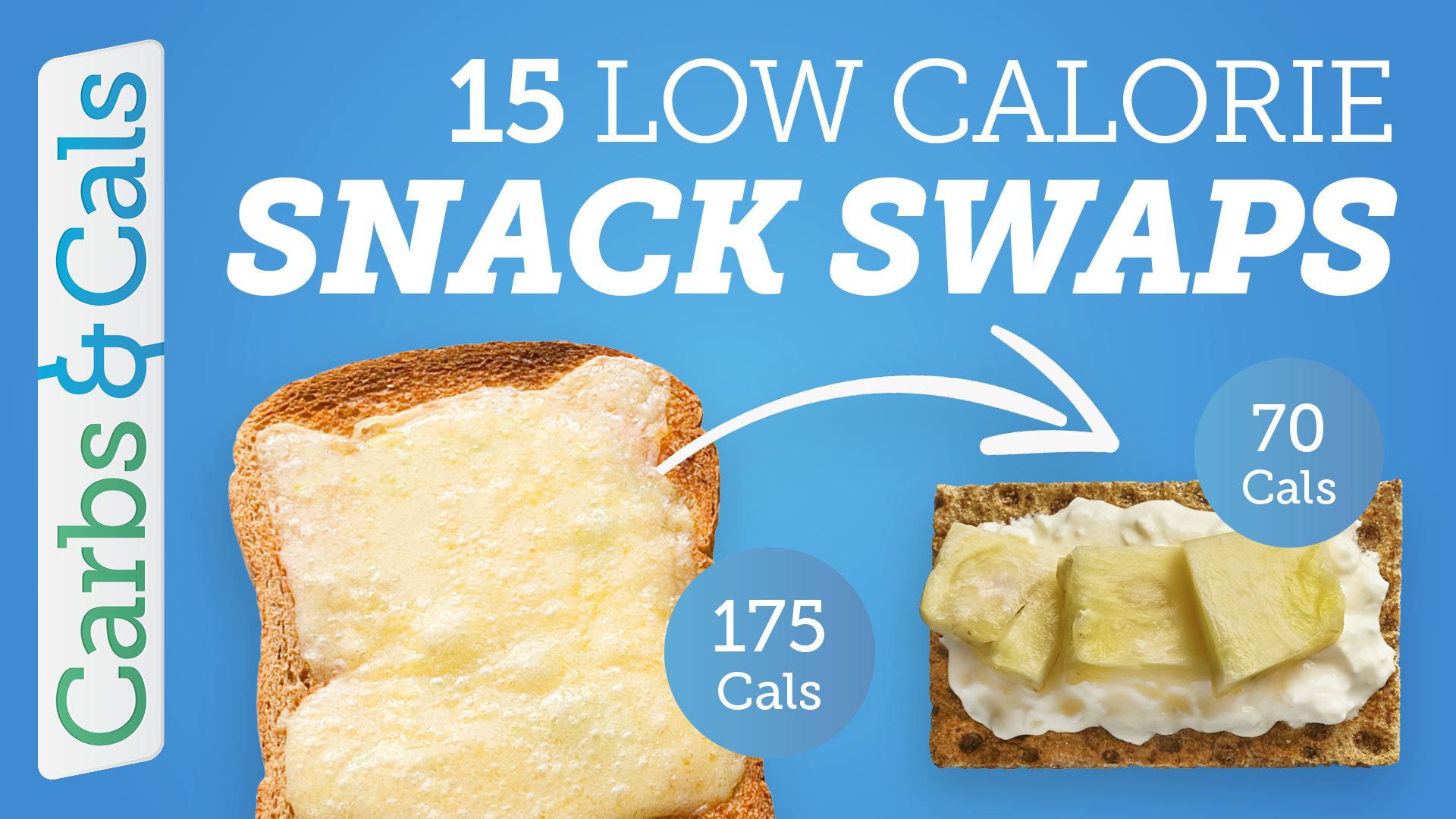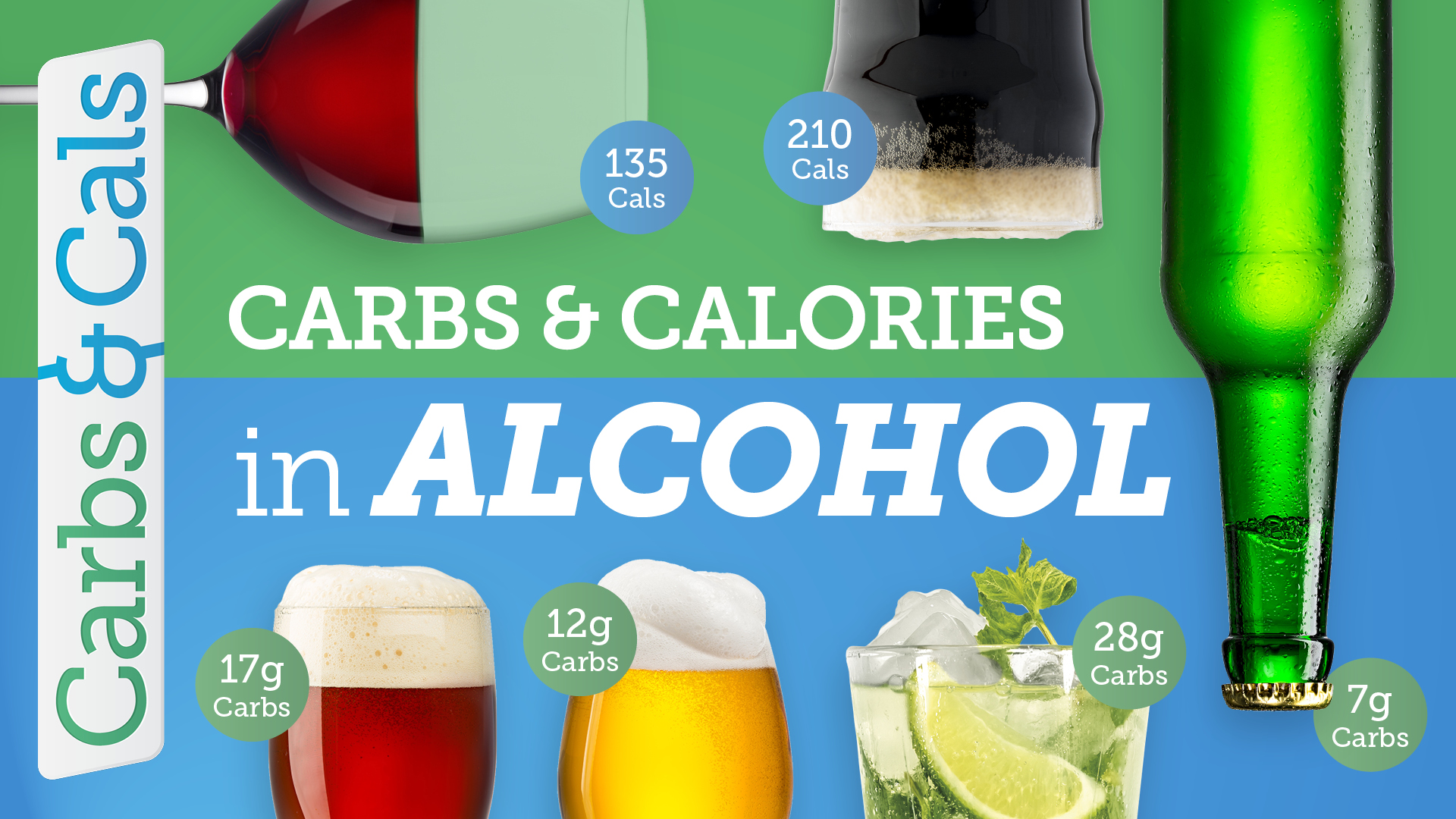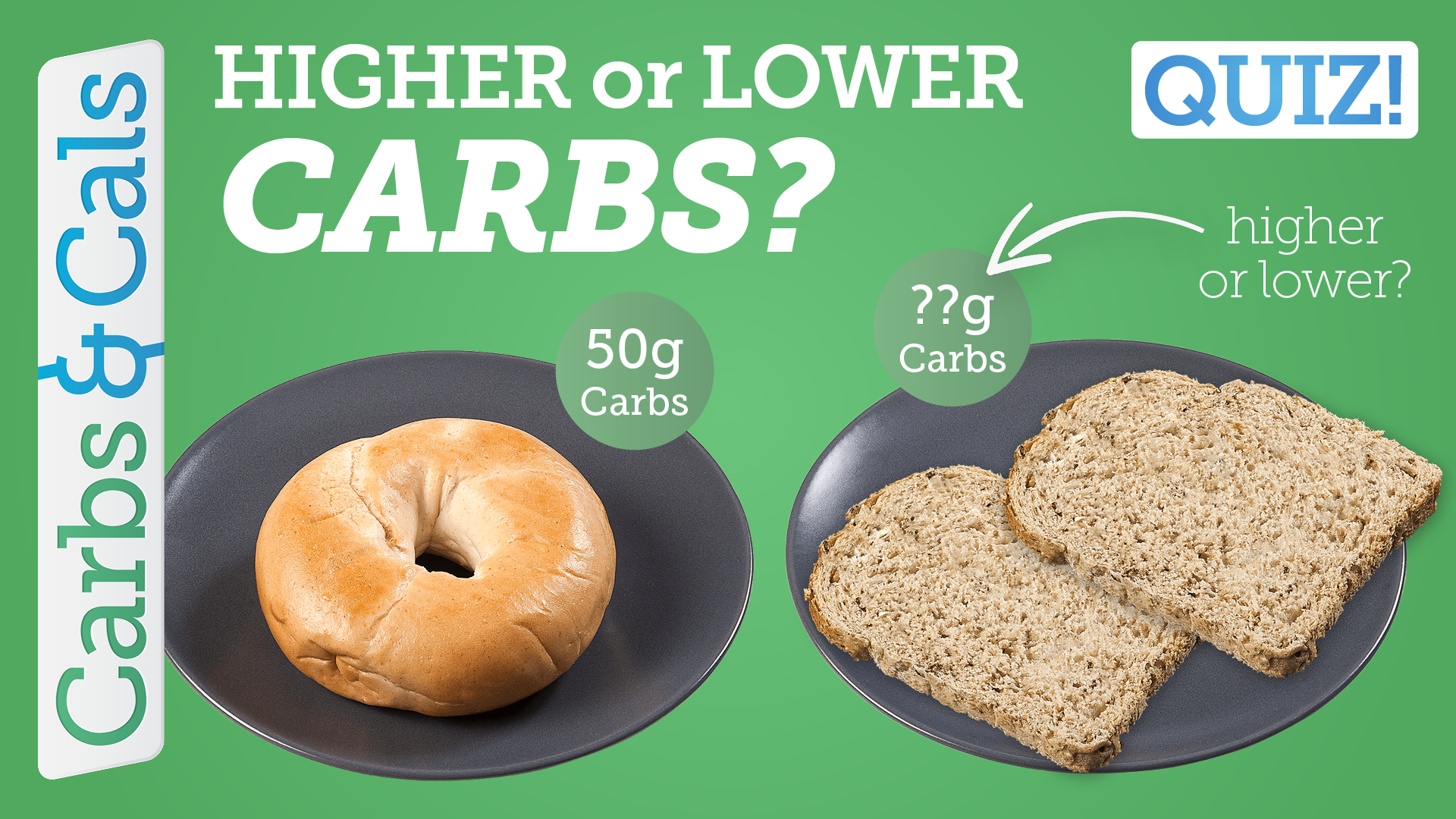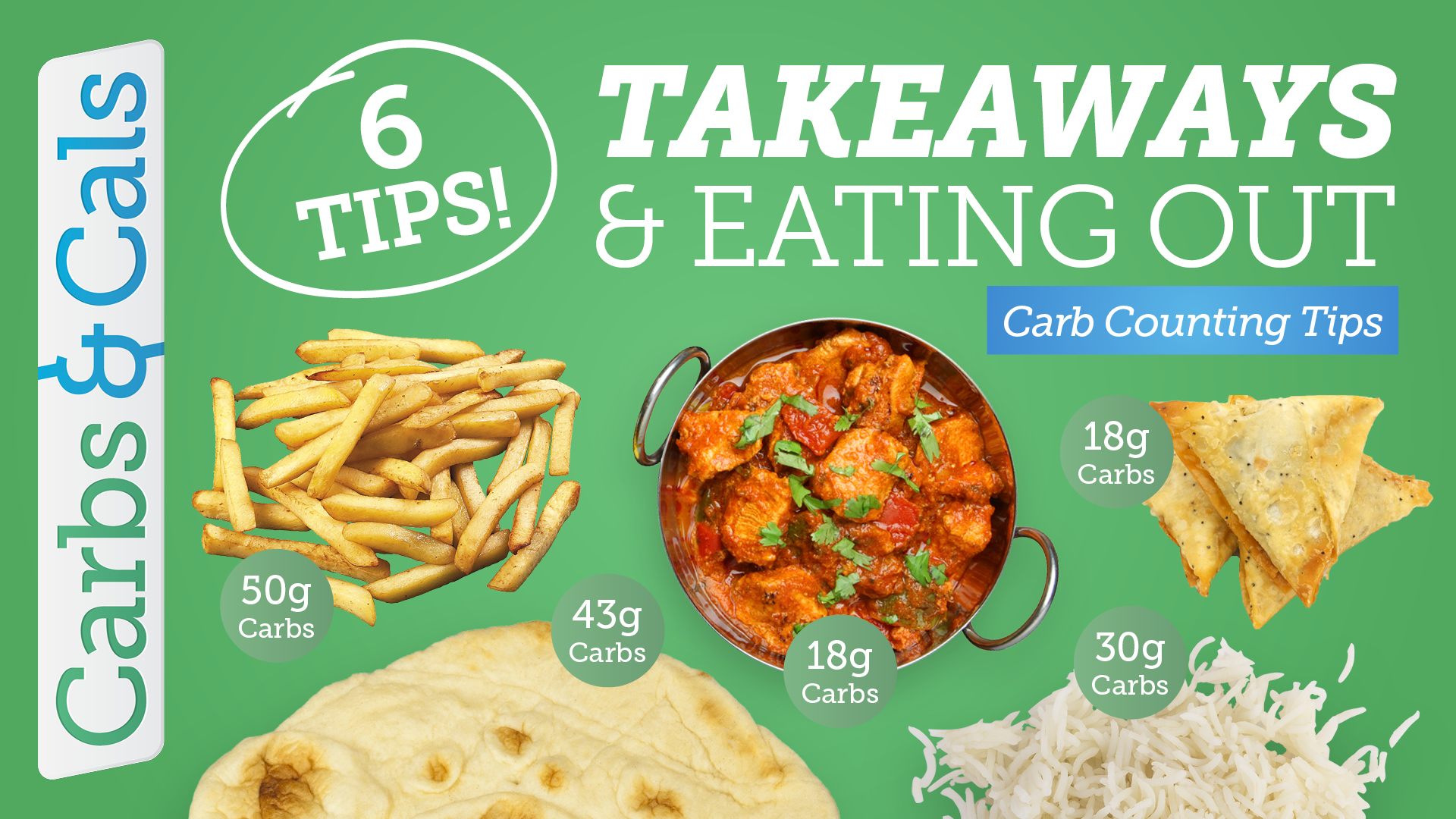CARBS: What are they? 7 must-know facts
Of the 3 main food groups, carbohydrate is perhaps the most controversial. There are many myths about it, especially regarding weight gain. But what are carbs, why do we need them, and are they as bad as the media often make out? Here are 7 facts you need to know about carbs.
3 Major Nutrients
All food we eat is made up of a number of different nutrients. The 3 major nutrients that provide us with energy, and are needed for other functions in the body, are carbs, protein and fat.
The term carbohydrate, or carbs for short, covers a wide variety of foods, from the sugar we put in hot drinks, to the rice on our plates. Here are 7 key facts you need to know about carbs.
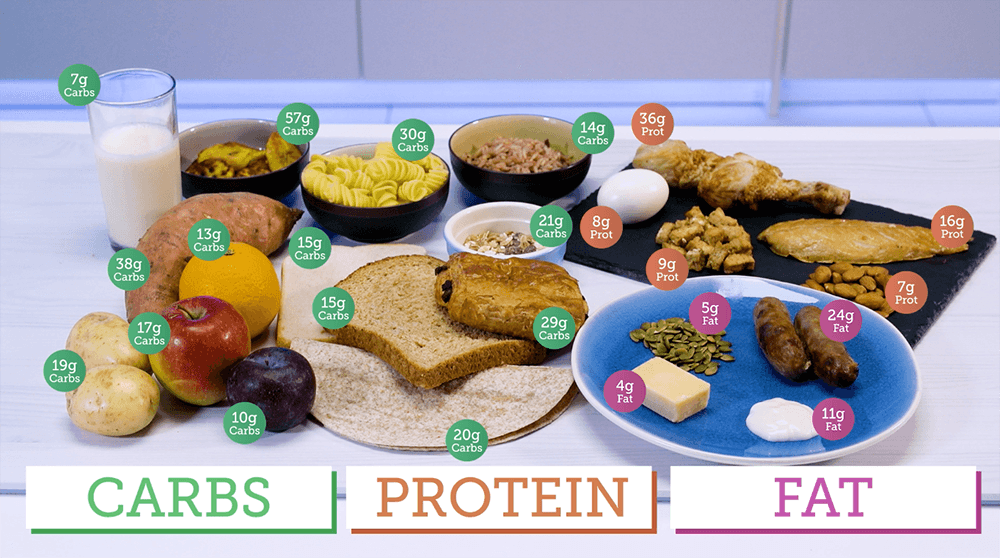
1. Type of carbs
Carbs are either simple sugars in foods such as fruit, sweets, jam, honey and juice. Or starchy carbs, which are longer chains of sugars, found in foods like potatoes, bread, rice, plantain, pasta, pastry, lentils, couscous and quinoa.
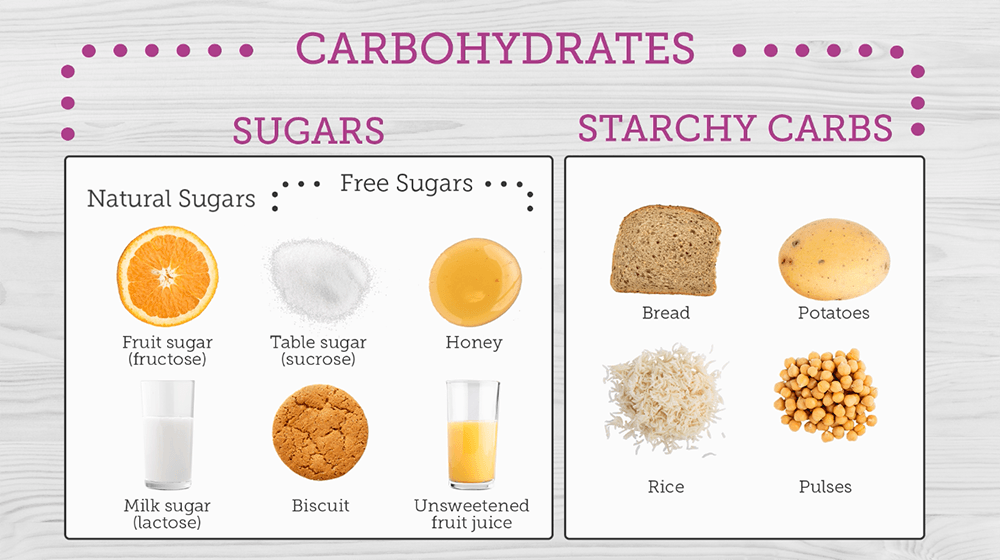
2. Carbs are mainly plant based
Carbs are almost all plant based, with the exception of lactose, the natural sugar in milk.
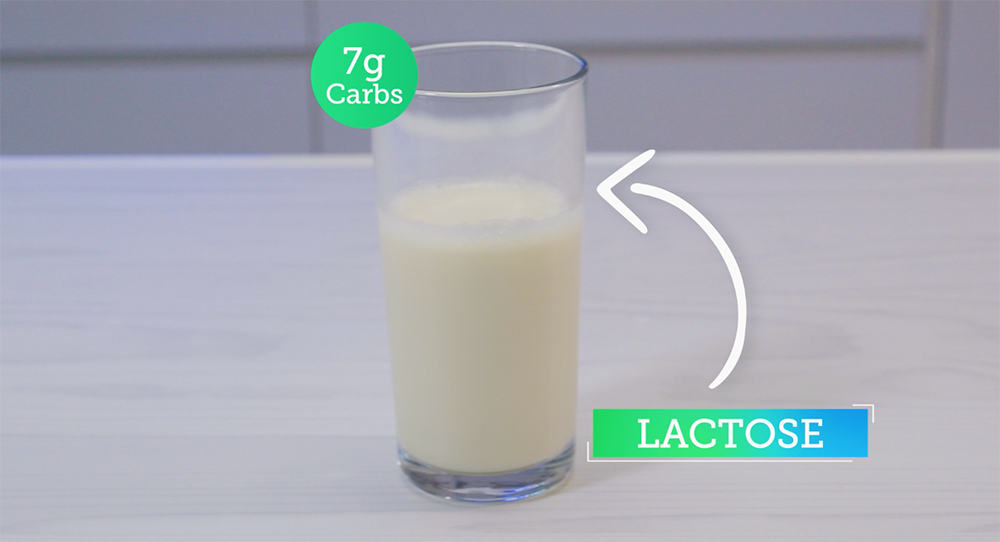
3. Carbs are broken down to glucose
Both types of carbs are broken down by the body into glucose, which is the preferred source of energy for the body, especially the brain.
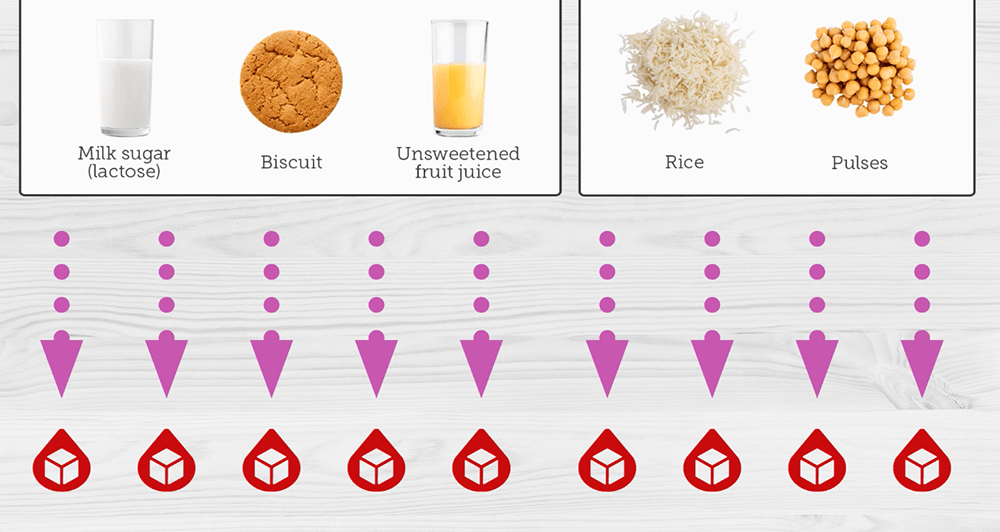
4. Not all carbs are the same!
It’s important to note that not all carbs are the same. Instead of processed carbohydrates such as white bread and white rice, choose wholegrain varieties, and plenty of fruit and veg. The carbs in these are released more slowly, and contain higher amounts of fibre, antioxidants, vitamins and minerals.
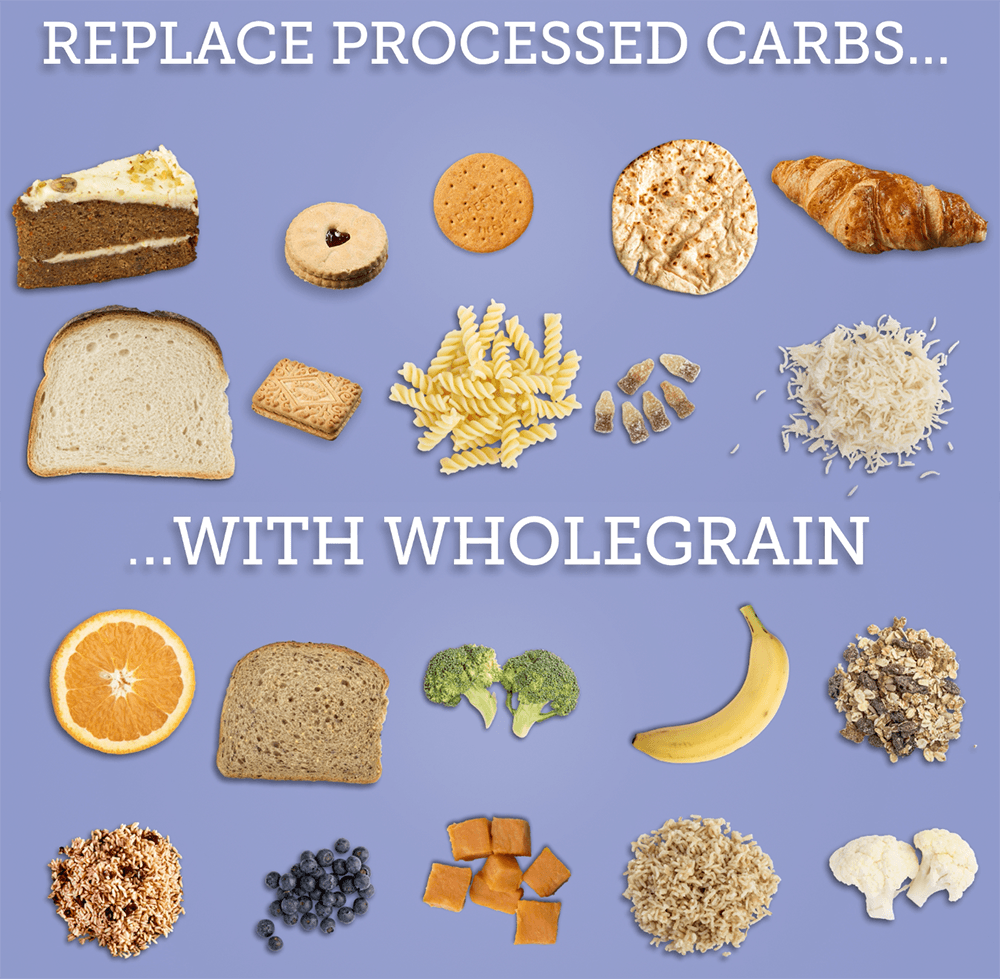
5. Only carb foods contain fibre
Carbohydrate is the only nutrient that contains fibre, so people who avoid carbs are very unlikely to reach the recommended fibre target of 30g per day.
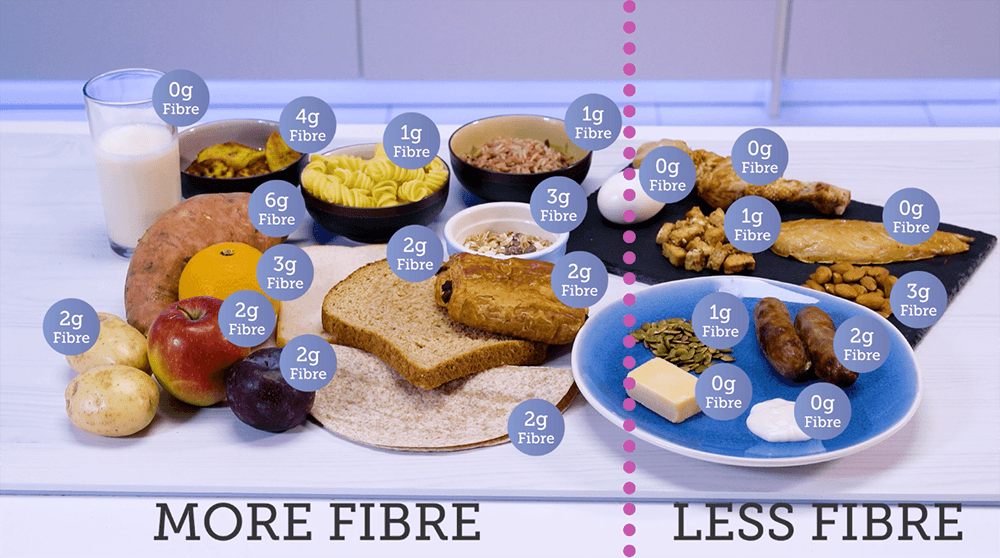
6. Do carbs cause weight gain?
There is no scientific evidence to show that carbs cause weight gain when compared to other nutrients. Evidence shows it’s the total amount of calories that’s important. Completely cutting out a whole food group such as carbs could be damaging in the long term, and is not recommended.
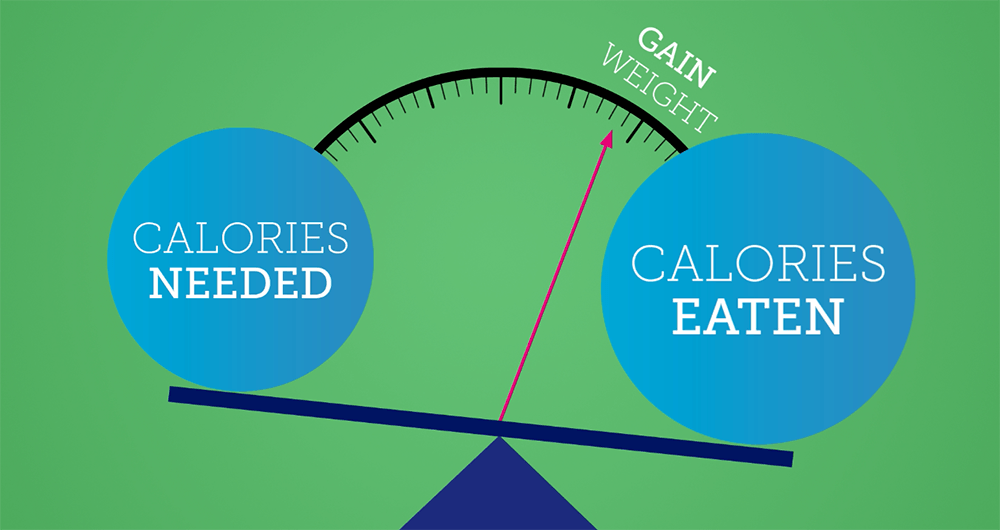
7. Limit added sugar
Limiting your intake of foods with added sugar, such as sugary drinks, sweets, cakes and biscuits, is also recommended as part of a healthy balanced diet.
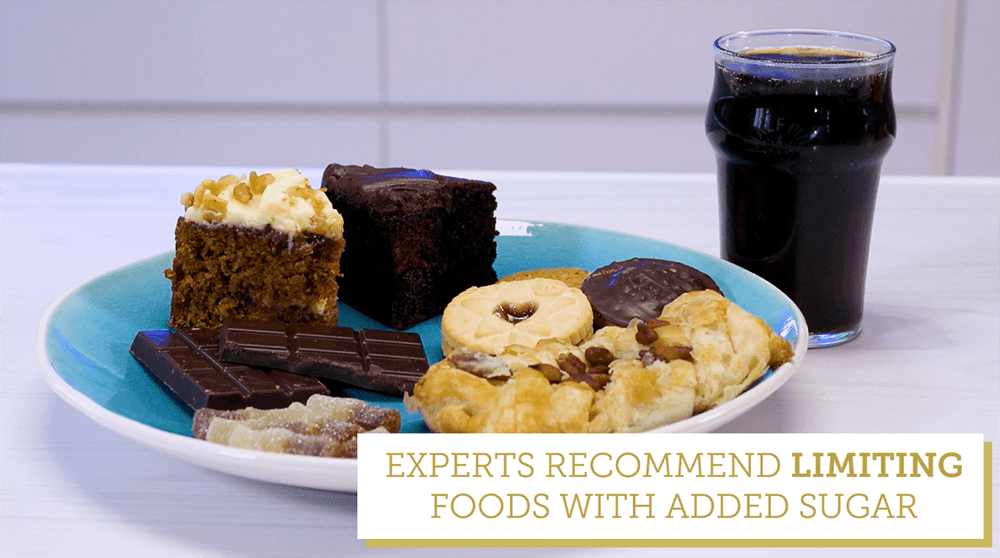
How many carbs do you need?
If you’re wondering how many carbs you need, we’ve done a separate video: CARBS: How many do you need each day?. Watch it here:
Monitor your Carb Consumption!
You can monitor your daily carb consumption using the Carb & Calorie Counter book and Carbs & Cals app. Plus plenty of carb-counted recipes in the Soups, Salads and Smoothies books.
Subscribe to the YouTube channel
Make sure you subscribe and press the bell, so you don’t miss any videos.

